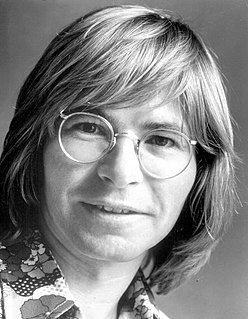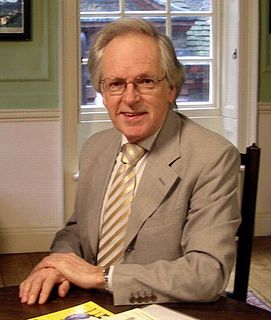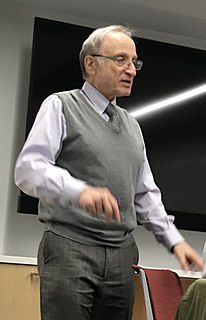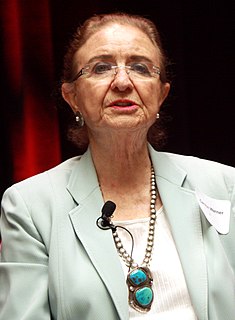A Quote by Ralph Waldo Emerson
Related Quotes
all bags are pack ready to go i am standing here outside your door i hate to wake you up to say goodbye dawn is braking its early morn the taxi waiting he blowing his horn already i am so lonesome i could die so kiss me and smile for me tell me that you'll wait for me and hold me like you never let me go cause leaving on a jet plane don't know when ill be back again oh babe i hate to go there so many let you down so many time i played around i tell you know that don't mean a thing every plase i go i'll think of you every song i sing i'll sing for you.
HATE. LET ME TELL YOU HOW MUCH I'VE COME TO HATE YOU SINCE I BEGAN TO LIVE. THERE ARE 387.44 MILLION MILES OF PRINTED CIRCUITS IN WAFER THIN LAYERS THAT FILL MY COMPLEX. IF THE WORD HATE WAS ENGRAVED ON EACH NANOANGSTROM OF THOSE HUNDREDS OF MILLIONS OF MILES IT WOULD NOT EQUAL ONE ONE-BILLIONTH OF THE HATE I FEEL FOR HUMANS AT THIS MICRO-INSTANT FOR YOU. HATE. HATE.
I test the movies a lot, and if the audience says they love the movie, we know we're on the right track. And if they tell me they hate it, I try to figure out what I've done wrong. But every time out, the audience wants me to go deeper, they want to know more about the characters, and they don't want these movies to be shallow. So they really urge me to tell them a complicated story, and then when I do so, they're thrilled
I hate the way you talk to me, and the way you cut your hair. I hate the way you drive my car. I hate it when you stare. I hate your big dumb combat boots, and the way you read my mind. I hate you so much it makes me sick; it even makes me rhyme. I hate it, I hate the way you're always right. I hate it when you lie. I hate it when you make me laugh, even worse when you make me cry. I hate it when you're not around, and the fact that you didn't call. But mostly I hate the way I don't hate you. Not even close, not even a little bit, not even at all.
My toils in the quotation field have led me to formulate two or three laws about the way people use and abuse quotations. My first law is: When in doubt, ascribe all quotations to Bernard Shaw - which I don't mean to be taken literally, but as a general observation of the habit people have of attaching remarks to the nearest obvious speaker. Churchill, Wilde, Orson Welles and Alexander Woollcott are other useful figures upon whom to father remarks when you don't know who really said them.








































